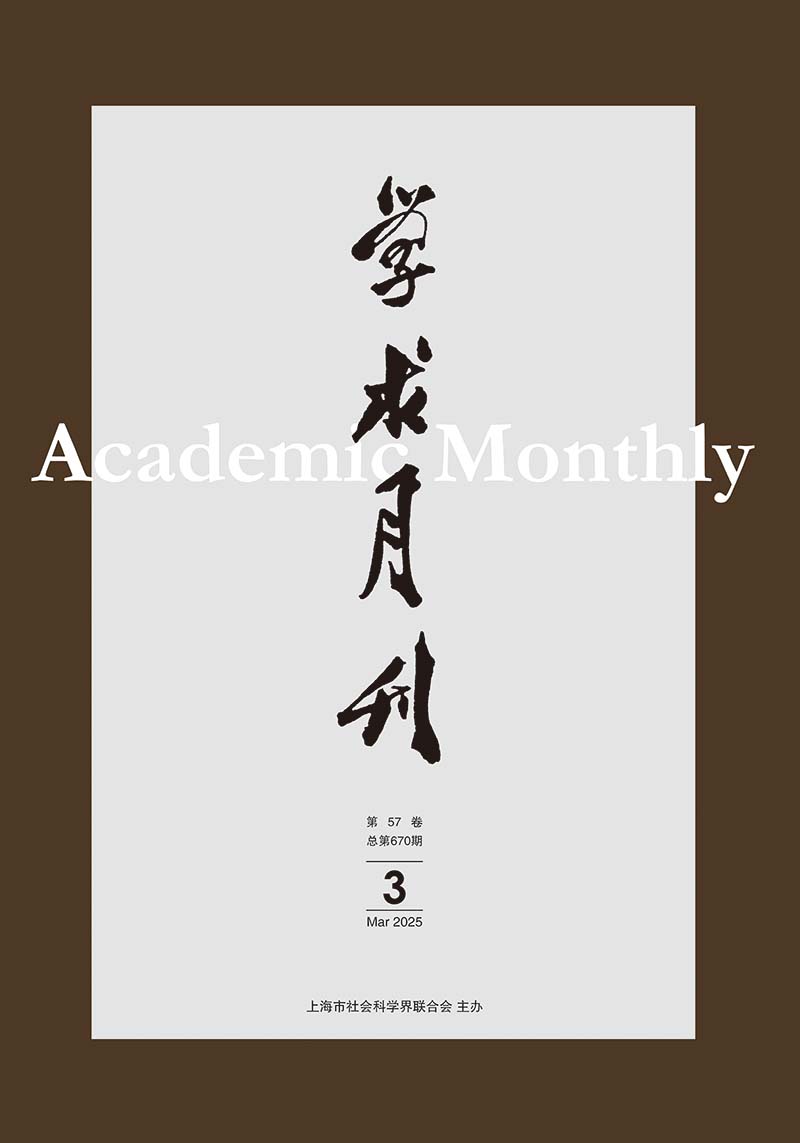The Power of Habitus: Unbalanced Development of Villages and Rural Revitalization in China
Abstract: Exploring the root causes of unbalanced development in villages is an important starting point for promoting rural revitalization through classified measures.Village habitus follows an intermediate path outside the strong and weak explanatory routes of rural revitalization research,breaking through the previous explanatory limitations of unilaterally emphasizing the macro-institutional structure or micro-action logic,and provides an important perspective for analyzing the unbalanced development of Chinese villages.Village habitus shapes the concepts of rationality,interest,market,risk,and production and management of villagers.It constructs dominant economic behaviors and industrial development patterns,and strongly shapes the livelihood patterns,collective economy,and development opportunities of villages,leading to different outcomes in village development and different trends in rural revitalization.To some extent,the dominant habitus of villages and their development outcomes are causal to each other,and reshaping the habitus of underdeveloped villages to enhance their connectivity with the external world is a fundamental social project to reduce the unbalanced development of villages and achieve rural revitalization.



 沪公网安备 31010102003103号
沪公网安备 31010102003103号 DownLoad:
DownLoad: